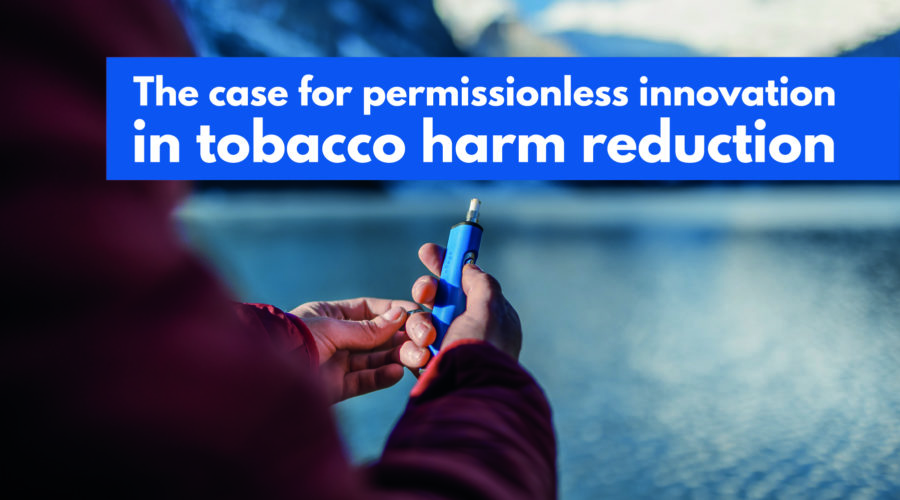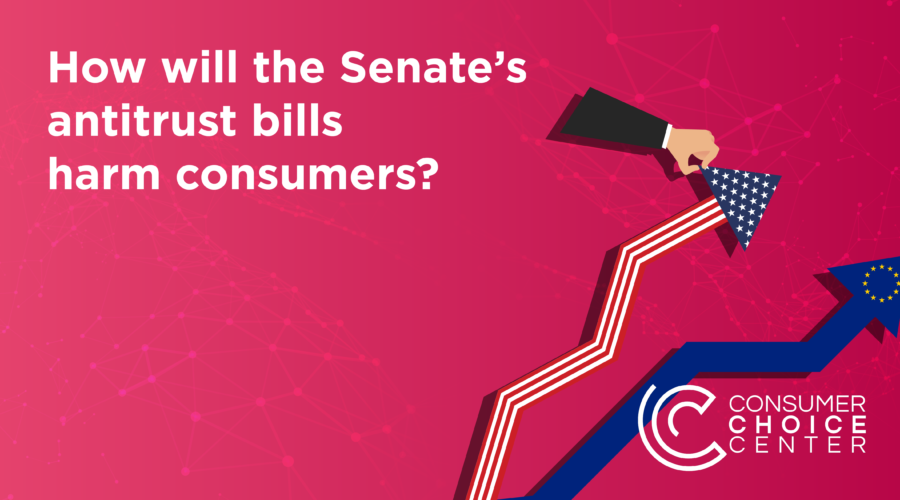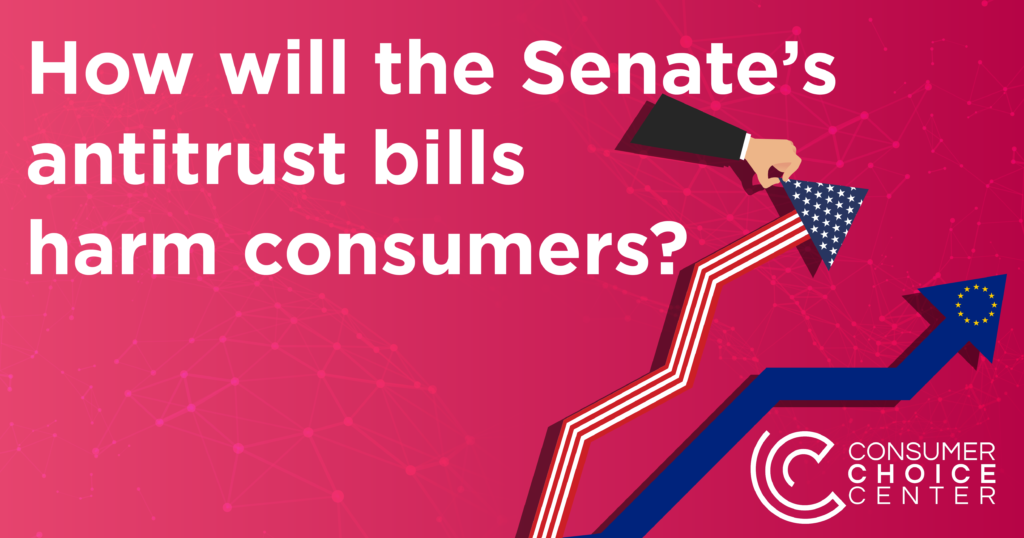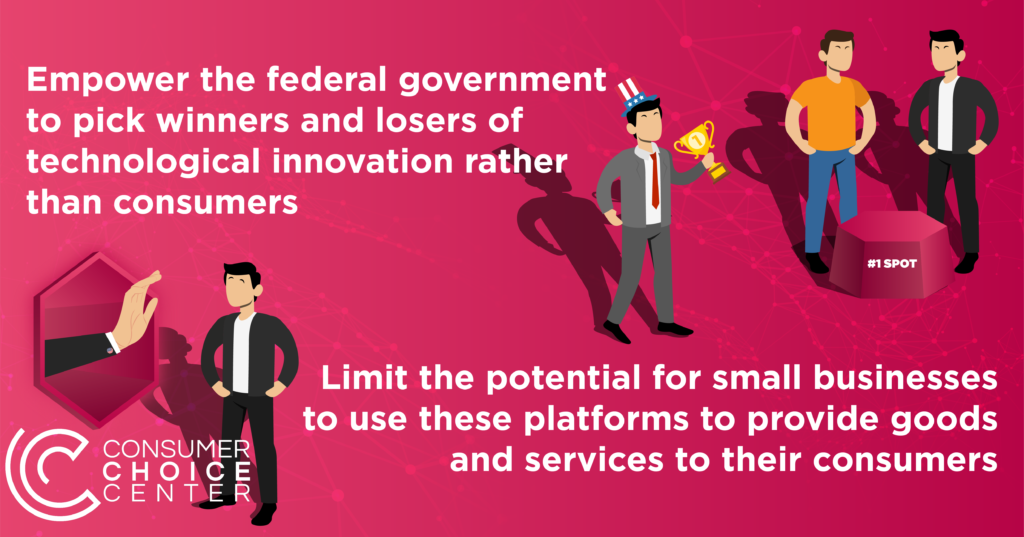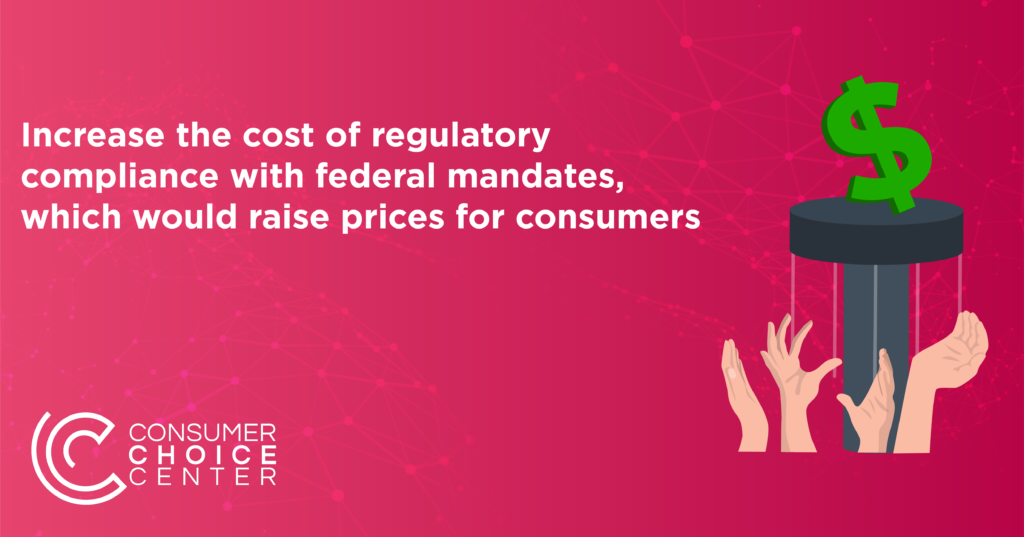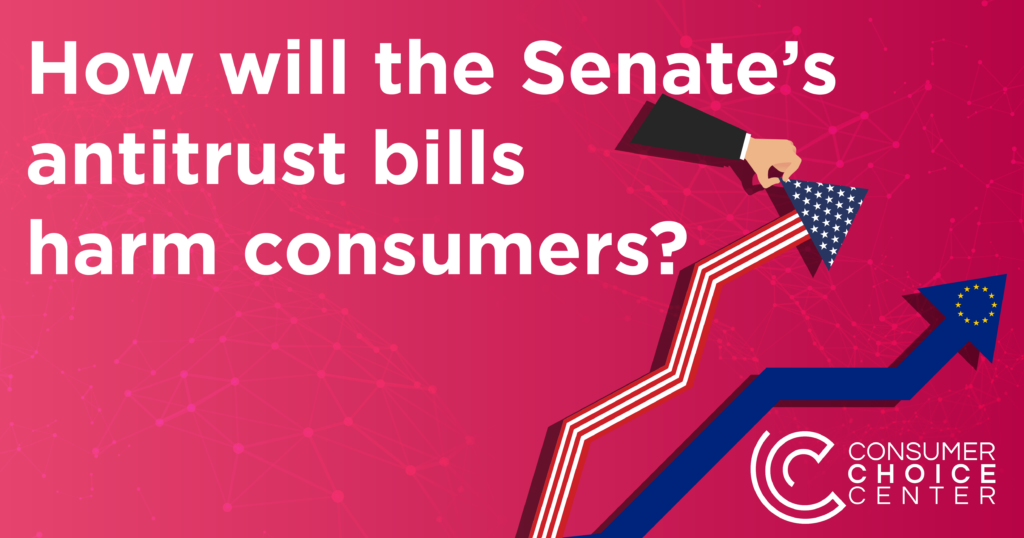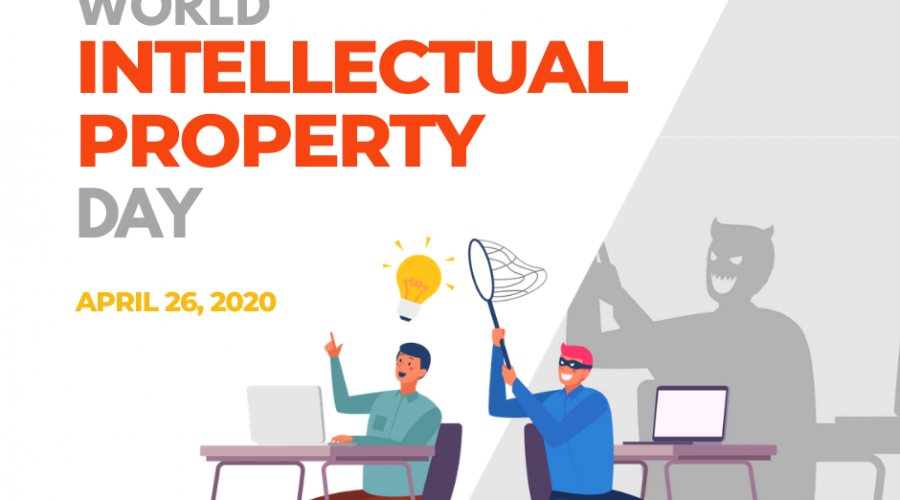The case for permissionless innovation in tobacco harm reduction
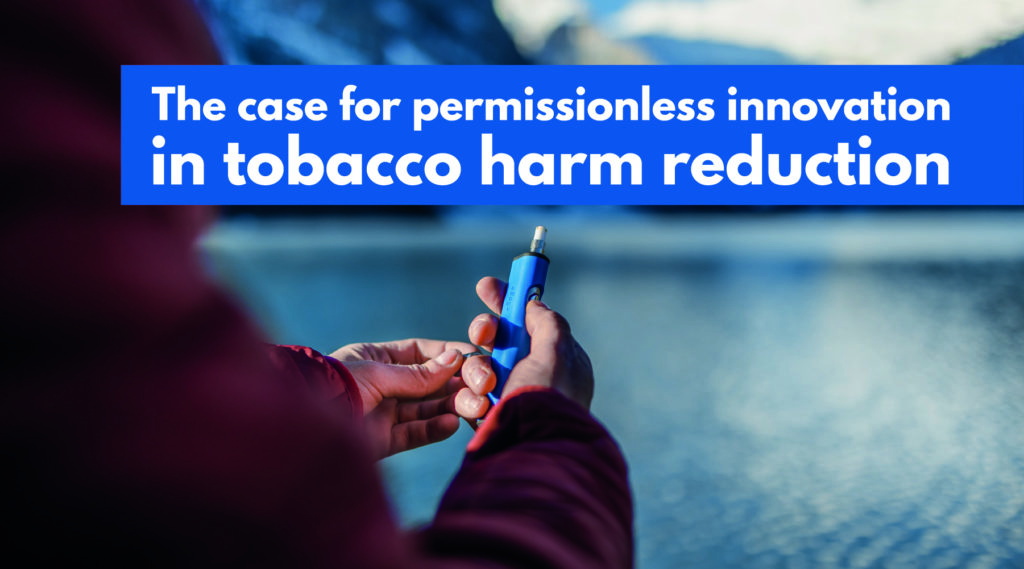
By Yaël Ossowski
As a consumer advocate enamored with technology, there is nothing more satisfying than seeing a new product or service providing a solution to an old problem.
The entire world of Bitcoin — lightning nodes, censorship resistance, and frictionless cross-border payments — is doing wonders for financial freedom and security.
Ride-sharing and home-sharing apps are putting dormant property to use, providing income for drivers and homeowners and rides and places to stay for tourists and students.
And when it comes to tobacco harm reduction, innovation is picking up at breakneck speed, offering new and more effective ways to wean smokers off the harms of cigarettes. At another time, this is something public health organizations would have praised.
Pod vaping devices, open tanks, synthetic nicotine disposables, snus, heated tobacco products, and nicotine pouches are offering precisely what former smokers need without the same level of risk, all varied to some degree.
It is the permissionless innovation of this entire field — entrepreneurs large and small — that provides such hope to us technological optimists and harm reduction advocates. It excites us to the opportunities that progress can provide.
But for opponents of this particular shade of innovation — whether health groups, academics, or competing lobbies — the very nature of how these products come to be is what so concerns them.
The vast majority of vaping products and alternative tobacco products are not spawned from public grants, university studies, or government programs, but rather from the process of entrepreneurial discovery, offering solutions to problems that exist in society.
This could be a former-smoker turned vaping entrepreneur with a thriving flavored liquids business run out of his garage, a multinational tobacco firm with thousands of employees, or a group of engineering students who just want to create a cool and safer alternative to the daily pack of cigarettes.
These entrepreneurial forces are reacting to a demand in the market, namely, millions of smokers who want to stub their last cigarette. For many of us, this is a positive example of permissionless innovation. For others, it is nothing more than greed and exploitation.
One can understand that the institutions and lobby groups that oppose efforts at tobacco harm reduction are threatened by private industries providing solutions more effective than the status quo. Or perhaps they even question their intentions.
But the fact remains that millions of former smokers, driven by their own conscious wants and needs, have found an alternative that works for them, provided by firms and entrepreneurs who did not ask for the permission of authorities. That is how our market economies should work.
To that end, new lines of nicotine pouches, vape mods, and disposable vapes are debuted on the market each day, some better than others.
Many of these innovators will fail: perhaps they will create a product that fails to gain customers or blur ethical lines on their advertising that eventually send them to court. Or, as in most cases, will vastly underestimate the cottage industry of governmental lobbying that can only be navigated by the most skilled and politically-connected industries, as the US Food & Drug Administration’s byzantine PMTA process has demonstrated.
That said, we should continue to cheer the innovators that provide us with solutions. And we should support them when their interests, and by extension, ours, are threatened by burdensome regulations and bureaucratic decrees.
When legislators are fed false narratives about lung illnesses and their connection to legal vaping products, as the 2019 EVALI crisis demonstrated, or perhaps are confronted with bombastic claims about a youth vaping epidemic, we must stand up for the people for precisely the people who will be hurt by spontaneous legislation: the adult users of the drug who just want a better option.
There are real externalities that must be dealt with: youth access, dangerous products laced with other compounds, and faulty devices that endanger users.
But we cannot kneecap the permissionless innovation in tobacco harm reduction that is saving lives and giving us solutions we couldn’t even imagine. If that remains a priority for consumer advocates like myself, it will have made all the difference.
Yaël Ossowski is deputy director of the Consumer Choice Center.
